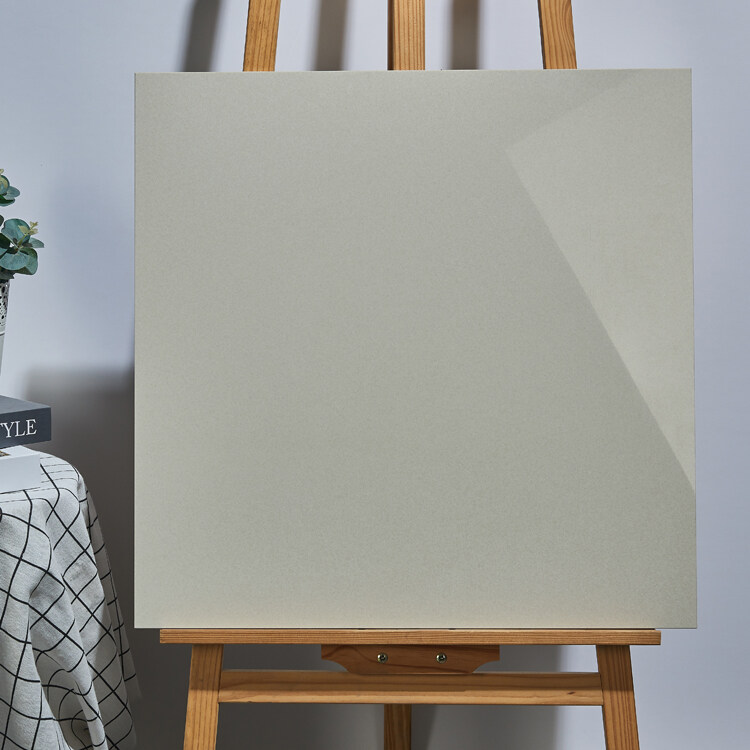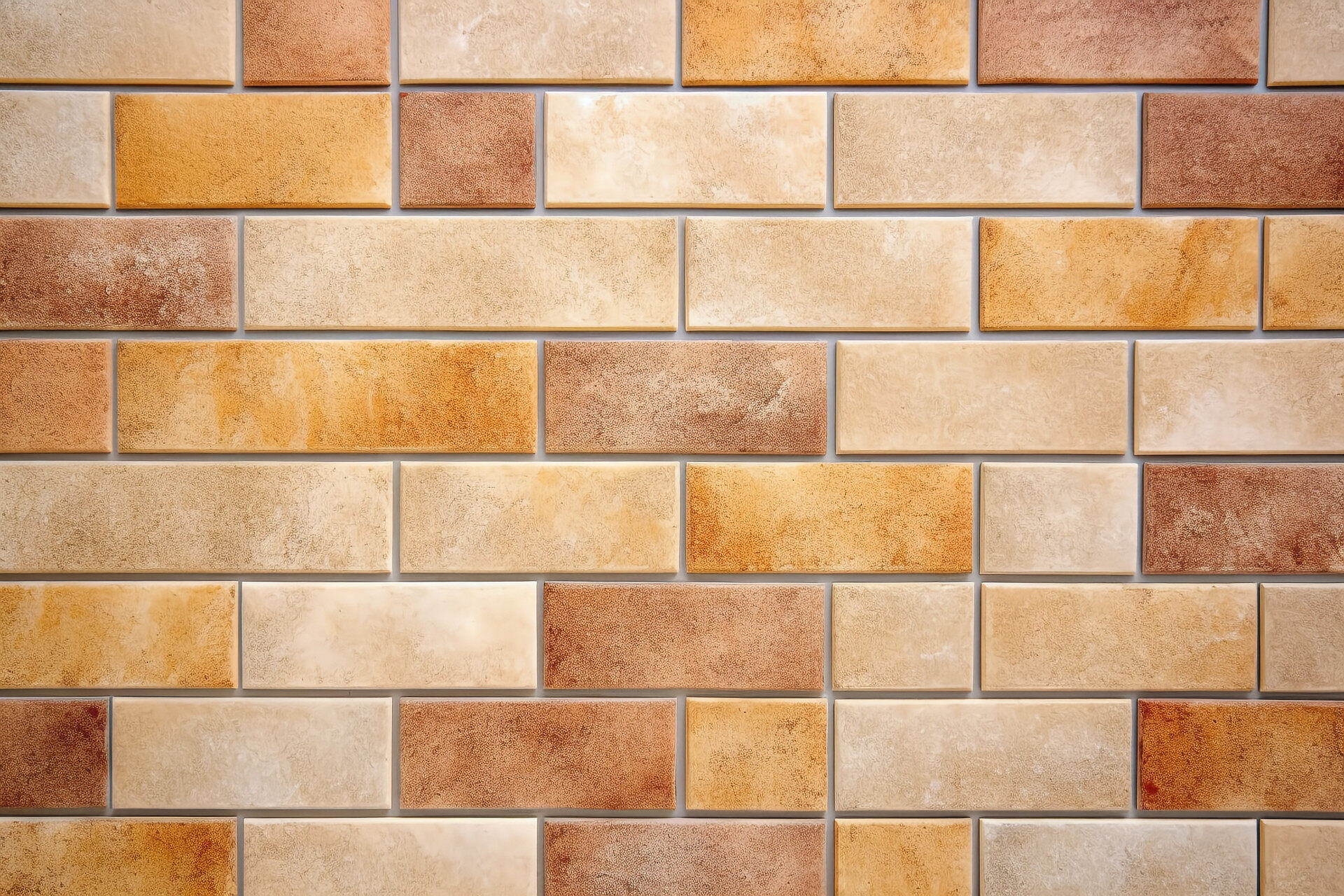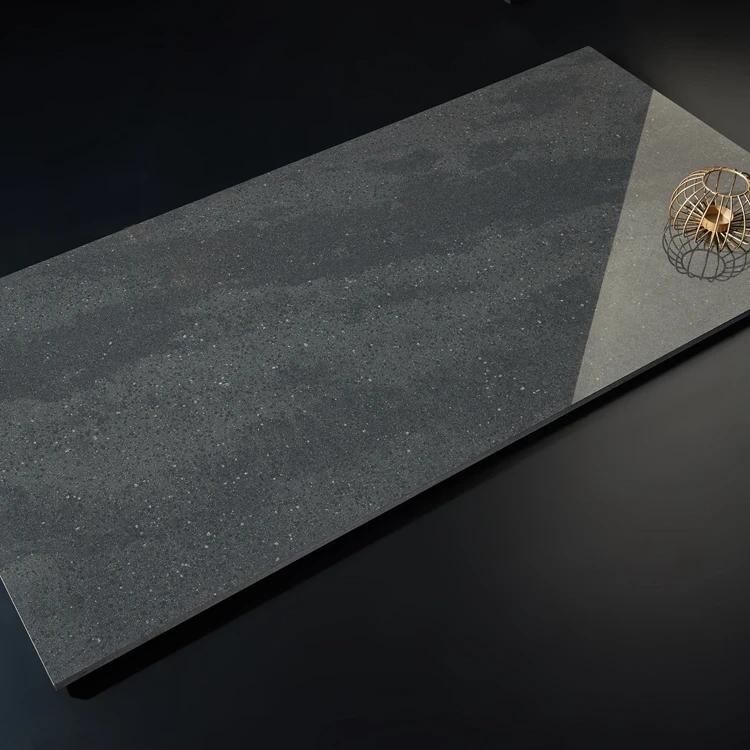Mastering the Shine: A Comprehensive Guide to Cleaning Unglazed Porcelain Tile Floors
Unglazed porcelain tile floors, known for their natural and textured appearance, require specialized care to maintain their beauty and durability. In this blog post, we'll explore the nuances of cleaning unglazed floor tiles, the unique qualities of unglazed porcelain, and the key considerations when comparing glazed vs. unglazed porcelain floor tiles.
Understanding Unglazed Porcelain Tile: A Natural Beauty
Natural Texture and Appearance
Unglazed porcelain tile floors are prized for their natural texture and appearance. Unlike glazed tiles, unglazed tiles retain the inherent characteristics of the raw material, offering a rustic and authentic look that appeals to those seeking a more organic aesthetic in their living spaces.
Durability and Resistance
The absence of a glaze layer does not diminish the durability of unglazed porcelain floor tiles. In fact, these tiles are renowned for their resilience and resistance to wear, making them an ideal choice for high-traffic areas. The natural surface provides traction, making them a safer option, especially in areas prone to spills.
Cleaning Unglazed Floor Tiles: A Step-by-Step Guide
Regular Sweeping and Vacuuming
Begin the cleaning process by regularly sweeping or vacuuming the unglazed floor tiles to remove loose dirt and debris. This simple step prevents scratching caused by abrasive particles and ensures a cleaner surface for subsequent cleaning methods.
Mild Detergent and Warm Water
For routine cleaning, use a solution of mild detergent and warm water. Apply the mixture to the unglazed porcelain tile floor using a soft mop or cloth. Avoid harsh chemicals or abrasive cleaners, as they may damage the natural finish of the tiles.
Scrubbing for Stubborn Stains
For stubborn stains or grime buildup, a soft-bristle brush or an old toothbrush can be used to scrub the affected areas gently. Again, opt for a mild cleaning solution to avoid damaging the unglazed surface. Rinse thoroughly with clean water to remove any residue.
Avoiding Acidic Cleaners
Unglazed porcelain floor tiles can be sensitive to acidic cleaners, which may erode the natural finish over time. It's essential to steer clear of products containing acids, vinegar, or ammonia in your cleaning routine to preserve the integrity of the tiles.
Comparing Glazed vs. Unglazed Porcelain Floor Tile
Aesthetic Differences
The primary distinction between glazed and unglazed porcelain floor tiles lies in their aesthetics. Glazed tiles have a glossy finish, providing a polished and reflective surface, while unglazed tiles showcase a more subdued, natural appearance.
Durability and Resistance
In terms of durability and resistance, both glazed and unglazed porcelain floor tiles are robust choices. However, the absence of a glaze layer gives unglazed tiles an edge in terms of slip resistance, making them particularly suitable for areas where traction is crucial.
Maintenance Considerations
Maintenance considerations play a role in the choice between glazed and unglazed tiles. While glazed tiles may require less frequent cleaning due to their smooth surface, unglazed tiles offer a forgiving nature, making them easier to clean and maintain over the long term.
Conclusion:
Cleaning unglazed porcelain tile floors is a task that requires attention to detail and a gentle touch to preserve their timeless appeal. The natural beauty and durability of unglazed tiles make them a popular choice for those who appreciate a more organic and rustic aesthetic in their living spaces. By understanding the unique qualities of unglazed porcelain floor tiles and following a proper cleaning routine, homeowners can ensure that their floors maintain their luster and charm for years to come. Whether comparing glazed vs. unglazed porcelain floor tiles or implementing a regular cleaning regimen, the goal is to celebrate the natural elegance that unglazed porcelain brings to interior spaces.



